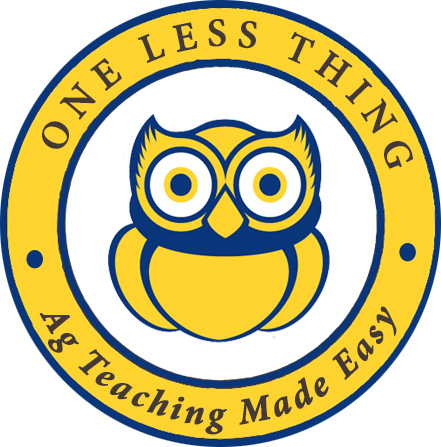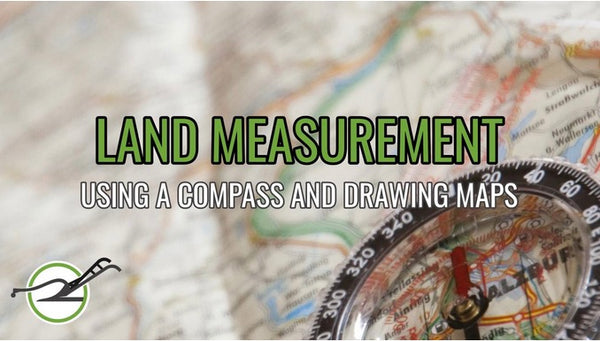Like it or Not, Ag Teachers Have Degrees in Diversified Agriculture
As my college roommate said the other day, "Before there was a degree in Diversified Agriculture, a degree in Agricultural Education was the degree in Diversified Agriculture." And essentially no matter what agricultural discipline you receive a degree in, if you teach Ag education, then you'll accumulate enough experience to have a degree in Diversified Agriculture over time. As an Ag teacher, I have no doubt that you'll fulfill the criteria for a Diversified Ag degree whose areas of emphasis include plant and animal science, soil science, plus agribusiness and management education.
So you've made it this far as an advisor without a Diversified Ag degree but you still have a Chapter to manage. What do you do? Start calling on your Diversified Ag network. Either your friends, college classmates, or friends of friends in agriculture are or know someone in the field you need some advice from. Use those contacts to further your knowledge. As you accumulate more years teaching experience ("ripen with wisdom" as is were) those classmates and friends will also accumulate job experiences, stories, and a deep knowledge you can pull from. Just off the top of my head I have quick access to Dairy, Poultry, Ag Mechanics, Food Science, and Floral Design. Plus after a quick email or two, a lot of other Ag resources will quickly be at my fingertips. I'm not bragging because it's no different than the circle you work in whether you know it or not.
What you'll discover many of these conversations won't happen during school hours. I'm sure there are stranger places, but I had a discussion about artificial insemination at a wedding. It was all professional and strictly related to bovines and not the wedding party, but you'll never know who you'll meet at the ball field, church, local meetings, weddings, livestock shows, and PTA meetings even the grocery store. However, having these contacts is just the first step. You have develop a high level of knowledge so that you learn how to ask the right questions to the right person.
YouTube and Google have many great qualities. Problem solving and critical thinking are two qualities they both lack, but as an Ag teacher you must develop for yourself. You have to remain as curious as your students when you are an Ag teacher. You must be willing to dig deep and research topics and issues and decide how they relate to your class and agriculture in general. Google will not always be there and your students will look to you for the answer. Many times developing a high level of knowledge in Diversified Ag means that you might not know the answer, but you can ask enough questions to isolate what the true issue is and what it is not. Often, the major roadblock is not fully comprehending what the problem really is which keeps you from getting to the root of the issue.
On top of that, you are a resource just like Google and YouTube. Students and community members alike come to you because they've looked online and either don't believe what they found or just couldn't find what they were looking for. Ag teachers are the wealth of experience that internet sources just can not provide people, plus you can look over their issue and diagnose a problem. So don't worry if you have notion that the internet will replace you one day. Seek out your degree in Diversified Agriculture even if it's only through identifying one critter or plant at a time, diagnosing a diseased crop, or troubleshooting a piece of equipment.
Good luck and please let us know your thoughts. Follow us on Facebook, Pinterest, and Twitter. Send us your Facebook, Twitter, and Pinterest handles and we'll be glad to follow you as well. You can also contact me at brian@onelessthing.net. Feel free to jump over to the store side of our website at www.OneLessThing.net



